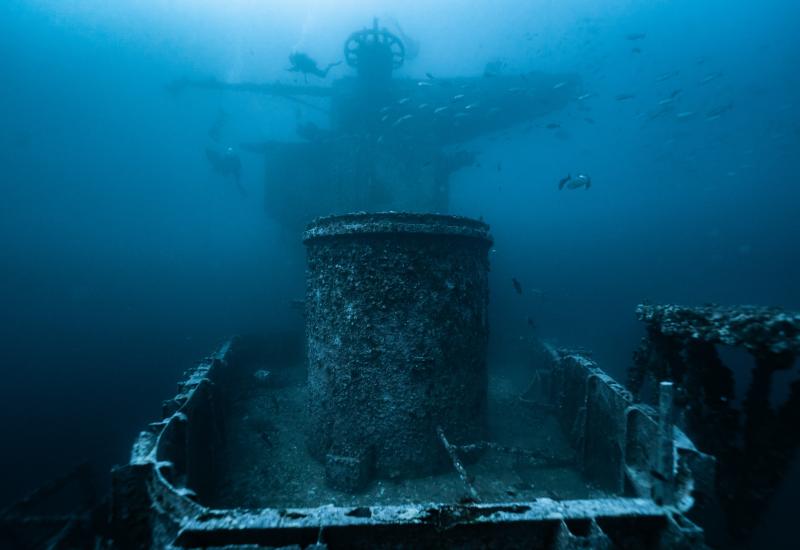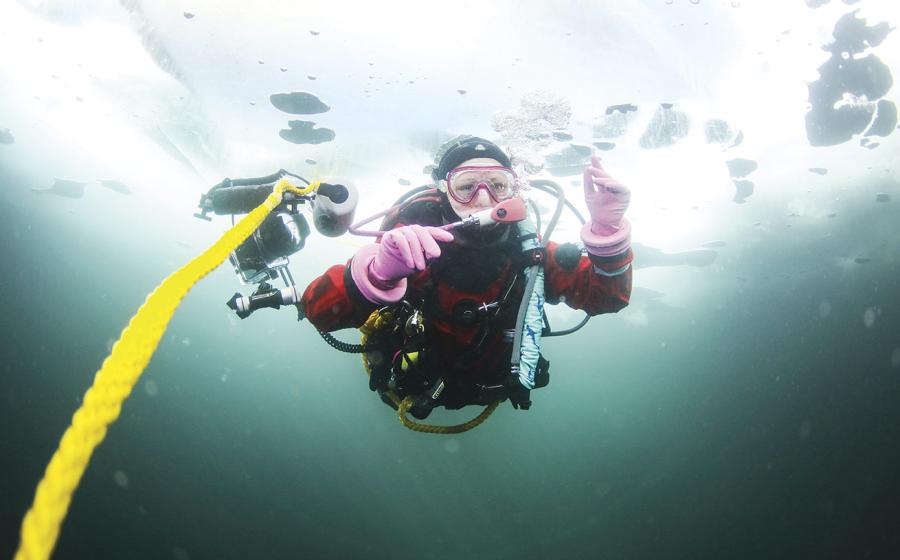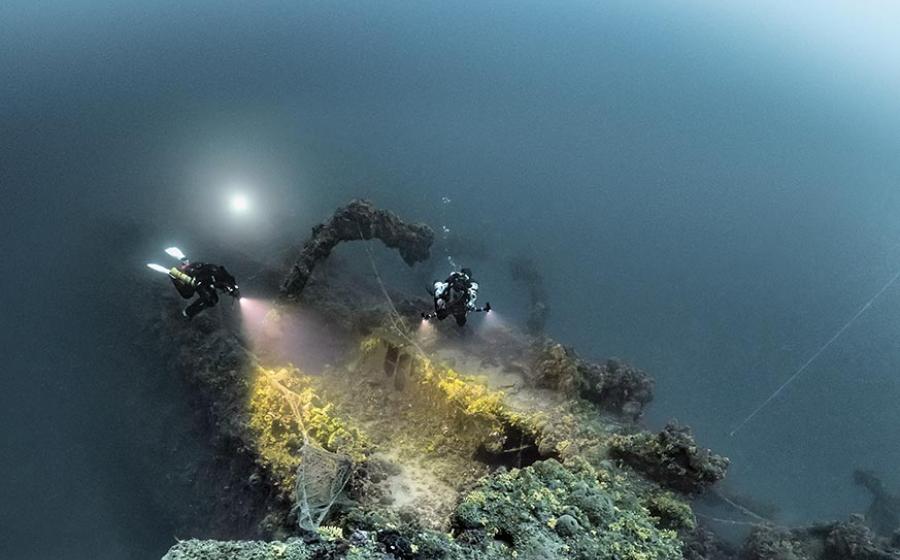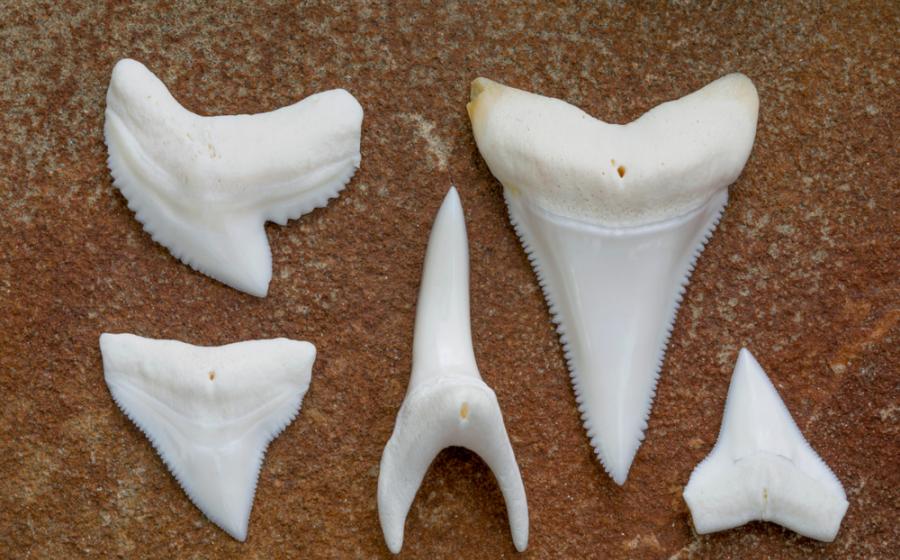Scuba Divers Can Help Keys’ Ocean Ecosystem during REEF’s Upper Keys Lionfish Derby
Divers can help preserve the Florida Keys’ native reef fish populations during the fun, socially distanced Reef Environmental Education Foundation 2020 Lionfish Derby. Scheduled Thursday through Sunday, Sept. 10-13, the derby challenges participants to capture and remove as many non-native lionfish as possible from Keys waters.

Shutterstock.com/Joni HanebuttA scuba diver shows off a speared lionfish in Key Largo, Florida.
This year, COVID-19 restrictions have forced organizers of the annual competition to modify the derby to minimize potential exposure to or spread of the virus. However, divers are to have two full days to capture lionfish and maximize their effectiveness in the removal of this invasive predator from Keys reefs.
Divers vie for prize money including first- through third-place awards for capturing the most lionfish, the largest and the smallest. New this year are two divisions in the “most lionfish” category: Reef Defenders and Apex Predators. The latter is the more competitive and prize monies are higher.
During early-bird registration on or before Aug. 30, teams of two to four people can register online for only $50 per team. Registrations on or before Sept. 6 are $75 per team and late registrations by the final deadline of 4 p.m. Sept 10 are $100 per team. All registrants receive a 2020 Lionfish Derby rash guard. The first 40 paid participants also receive a derby hat.
A mandatory virtual team captains meeting is set for 5:30-6:30 p.m. Thursday, Sept. 10. The meeting’s focus is on lionfish ecology, the best collecting tools, safe handling and techniques. Details are to be mailed to each registered team.
Teams can hunt from sunrise to sunset Friday and Saturday, Sept. 11-12. They can collect lionfish by netting or spearing while on scuba, snorkeling or free diving, following all federal and state fishing regulations. Fishing location is not limited.
Participants can dive from a private vessel or with a professional dive operator. Due to space limitations on commercial vessels because of COVID-19 restrictions, organizers recommend that teams reserve spots early.
All fish are to be turned in by 10 a.m. Sunday, Sept. 13, to either of two scoring stations. Stations are to be located at the REEF campus, mile marker 98.3 in the Overseas Highway median in Key Largo, and at Mote Marine Tropical Research Laboratory at mile marker 24.9 on Summerland Key.
For over a decade REEF has joined the Florida Keys National Marine Sanctuary and the Keyswide dive community to provide hands-on opportunities for “citizen scientists.” These sustainability-focused individuals actively remove the invasive, voracious species that was introduced to Florida waters during the 1980s, lessening the pressure on existing reef fish ecosystems and providing a healthy new food source for human consumption.
Although commonly served as ceviche or sushi, lionfish filets can be prepared like any other fish and have been likened to halibut or grouper in texture and flavor.
MORE
• What It's Like to Hunt Lionfish
• When Life Gives you Lionfish, Make Carpaccio!
• Guide to Diving the Florida Keys
• What It's Like to Dive the Florida Keys Right Now









